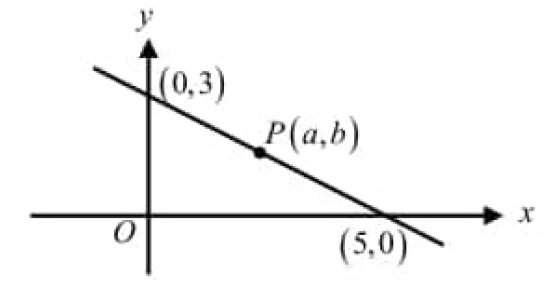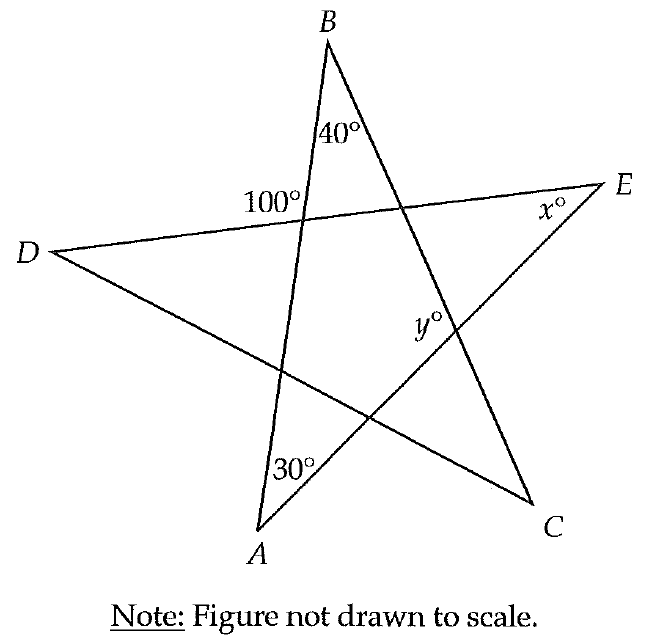SOLVING EQUATIONS WITH EXPONENTS WORKSHEET
Problem 1 :
Solve for k :
3x2 ⋅ 2x3 = 6xk
Problem 2 :
If 3x = 10 and 3x-k = ¹⁰⁄₂₇, then solve for k.
Problem 3 :
If 2x+3 - 2x = k(2x), then solve for k.
Problem 4 :
If xac ⋅ xbc = x30, x > 1 and a + b = 5, then solve for c.
Problem 5 :
If x2y3 = 10 and x3y2 = 8, then find the value of x5y5.
Problem 6 :
If x8y7 = 333 and x7y6 = 3, then find the value of xy.
Problem 7 :
If x2 = y3 and x3z = y9, then solve for a.
Problem 8 :
If (√9)-7 ⋅ (√3)-4 = 3k, then solve for k.
Problem 9 :
If x√x = (x√x)x, then solve for x.
Problem 10 :
If 2x = 3y = 6-z, then find the value of
¹⁄ₓ + ¹⁄y + ¹⁄z

Answers
1. Answer :
3x2 ⋅ 2x3 = 6xk
(3 ⋅ 2)(x2 ⋅ x3) = 6xk
(6)(x2+3) = 6xk
6x5 = 6xk
Divide each side by 6.
x5 = xk
Using laws of exponents, we have
5 = k
So, the value of k is 5.
2. Answer :
Substitute 10 for 3x.
Multiply each side by 10.
3k = 27
3k = 33
Using laws of exponents, we have
k = 3
3. Answer :
Using laws of exponents, we have
2x ⋅ 23 - 2x = k(2x)
2x ⋅ 8 - 2x = k(2x)
2x(8 - 1) = k(2x)
2x(7) = k(2x)
Divide each side by 2x.
7 = k
4. Answer :
xac ⋅ xbc = x30
Using laws of exponents, we have
xac+bc = x30
ac + bc = 30
Factor.
c(a + b) = 30
Substitute 5 for (a + b).
5c = 30
Divide each side by 5.
c = 6
5. Answer :
x2y3 = 10 ----(1)
x3y2 = 8 ----(2)
Multiply (1) and (2) :
(1) ⋅ (2) ----> (x2y3) ⋅ (x3y2) = 10 ⋅ 8
x5y5 = 80
So, the value x5y5 is 80.
6. Answer :
x8y7 = 333 ----(1)
x7y6 = 3 ----(2)
Divide (1) by (2) :
(1) ÷ (2) ----> (x8y7) ÷ (x7y6) = 333 ÷ 3
Simplify.
x8-7 ⋅ y7-6 = 111
x1 ⋅ y1 = 111
xy = 111
7. Answer :
x3z = y9
x3z = y3 ⋅ 3
x3z = (y3)3
Substitute x2 for y3.
x3z = (x2)3
x3z = x6
3z = 6
Divide each side by 3.
z = 2
8. Answer :
(91/2)-7 ⋅ (31/2)-4 = 3k
(9)-7/2 ⋅ (3)-4/2 = 3k
(32)-7/2 ⋅ 3-2 = 3k
32 ⋅ (-7/2) ⋅ 3-2 = 3k
3-7 ⋅ 3-2 = 3k
3-7-2 = 3k
3-9 = 3k
k = -9
9. Answer :
x√x = (x√x)x
If there is no exponent for any term, we can assume that the exponent of the term is 1.
So, we have
(x√x)1 = (x√x)x
Using the properties of x, we have
1 = x
10. Answer :
Let 2x = 3y = 6-z = k.
Then we have
2x = k ----> 2 = k1/x
3y = k ----> 3 = k1/y
6-z = k ----> 6 = k-1/z
Now, we have
2 ⋅ 3 = 6
k1/x ⋅ k1/y = k-1/z
Using laws of exponents, we have
k1/x + 1/y = k-1/z
¹⁄ₓ + ¹⁄y = -¹⁄z
Add 1/z to each side.
¹⁄ₓ + ¹⁄y + ¹⁄z = 0
Kindly mail your feedback to v4formath@gmail.com
We always appreciate your feedback.
©All rights reserved. onlinemath4all.com
Recent Articles
-
Digital SAT Math Problems and Solutions (Part - 134)
Apr 02, 25 12:40 AM
Digital SAT Math Problems and Solutions (Part - 134) -
SAT Math Resources (Videos, Concepts, Worksheets and More)
Apr 02, 25 12:35 AM
SAT Math Resources (Videos, Concepts, Worksheets and More) -
Digital SAT Math Problems and Solutions (Part 135)
Apr 02, 25 12:32 AM
Digital SAT Math Problems and Solutions (Part 135)

